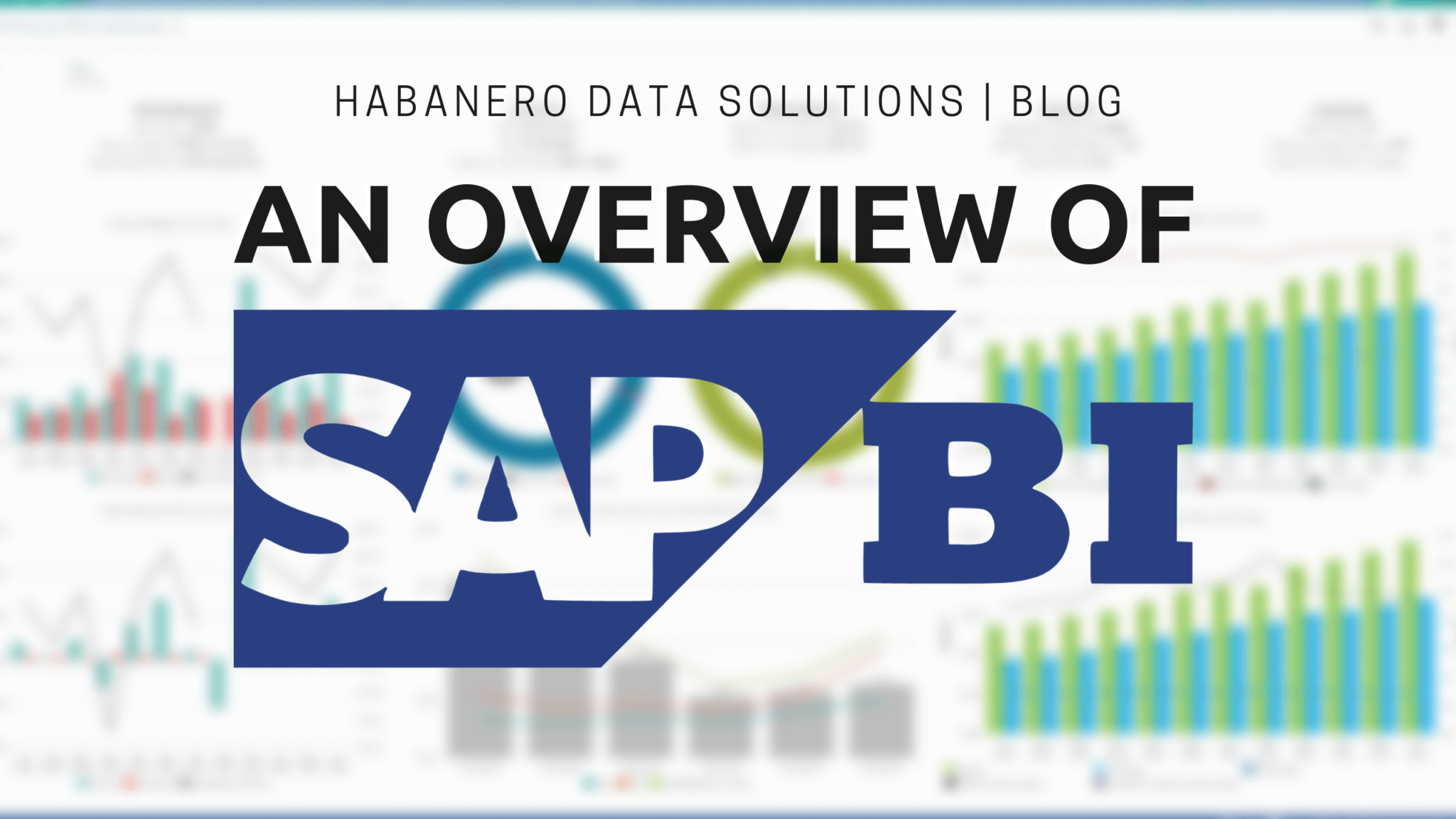Microsoft isn’t the only data warehousing and business intelligence option out there. Another is SAP BI. SAP BI is a fully structured business intelligence system that works best for large organizations and enterprise environments. Is it right for your business though and what features does it offer?
Let’s start with the positives. SAP BI can take data from many different sources, like XML files, database systems, Excel spreadsheets, etc… and combine the data into an organized pool, or data lake. Imported data can even be malformed and SAP will do its best to make sense of it and organize the data in the best way possible. Data is passed through various stages during warehousing process. First data is staged and then transformed to correct any malformed entries. Once transformed, it goes through a series of consolidation efforts and clean-up before finally being stored. Once stored, it’s organized in a way that makes building reports and pulling data easy and intuitive.
Once the data is stored, versatile reports can be created to deliver information on demand to any department in the business. The system, data, and reports are easily managed in the out-of-the-box environment. In fact, SAP is known for their querying systems. Their powerful querying systems help mine through data to find key insights for crucial business decisions. In recent years, SAP BI has also grown and created partnerships with other companies. In 2014, SAP and Microsoft announced a deal to integrate SAP into its Azure environment bring SAP to the cloud. SAP has kept up with the evolution of business systems.
Data access is easy. SAP allows authenticated users to access data online, in the SAP portal, and in other groupware applications like Excel. SAP isn’t without fault, though. It’s a large and clunky system that can be hard to modify. Unlike other BI systems, like Tableau and Microsoft Reporting Services, SAP is not easily extensible. Customizing SAP to very specific business needs can be difficult though it should be said extensibility will be getting easier with Azure cloud integration.
SAP is also best suited for large environments. It handles large amounts of diverse data very well but may be too overpowered and cumbersome for smaller or medium sized businesses. Using SAP in a small environment would be like using a semi-truck to transport the family around. SAP BI is one of many business intelligence solutions that businesses should consider. Its ability to organize and store a mass amount of data is amazing, but can be overpowered for small business. Plus, it will need staffing to administrate the systems. Its broad and diverse reporting systems do deserve a deep dive to see if SAP is the right BI platform for your business.


